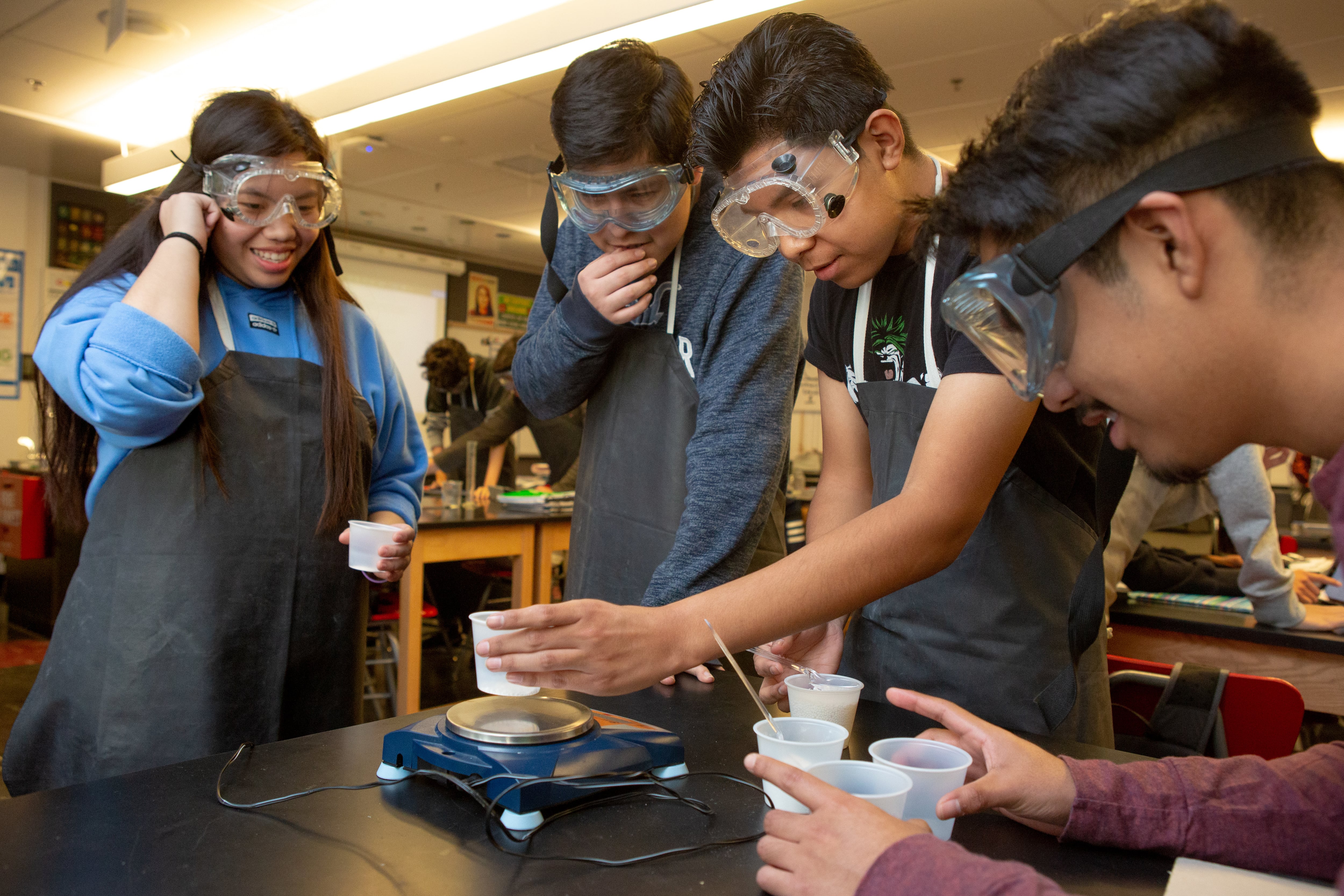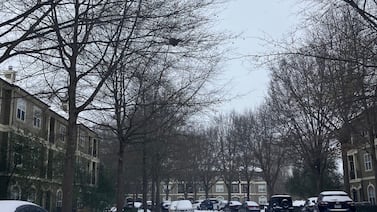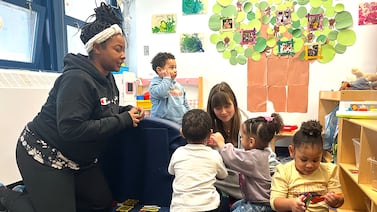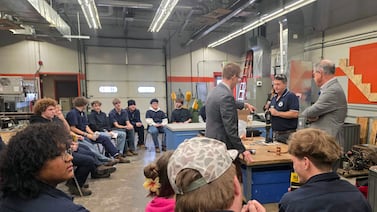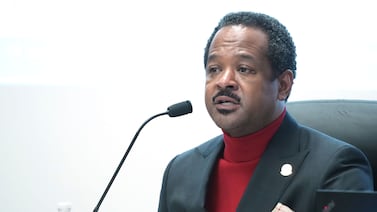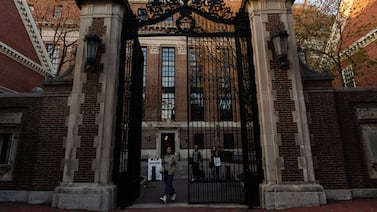Colorado teachers can get a quick $600 for classroom supplies or learning materials through a state grant program that opened Tuesday.
But applicants have to be quick, too.
Funded with $2.7 million in COVID relief funding, the program will end as soon as the money runs out. The grant program, similar to one offered last fall, is open to public school educators who teach preschool to 12th grade.
Gov. Jared Polis announced the grant program on Tuesday at a Commerce City elementary school. The state is awarding the grants in partnership with DonorsChoose, a nonprofit that helps teachers secure donations from the public. Teachers must write a short essay describing how they would use the money to help students “through pandemic-impacted learning.”
Teachers can use the grants to pay for things like literacy materials, science equipment, technology, or social-emotional learning products. The money can’t be used for food, clothing, hygiene items, or subscriptions.
Last year’s $11 million grant program provided awards of up to $1,000 to 7,368 teachers and 1,385 schools. This year, with only $2.7 million available, state officials will likely give fewer grants.
Teachers can apply by following the directions on this DonorsChoose page.
Ann Schimke is a senior reporter at Chalkbeat, covering early childhood issues and early literacy. Contact Ann at aschimke@chalkbeat.org.

